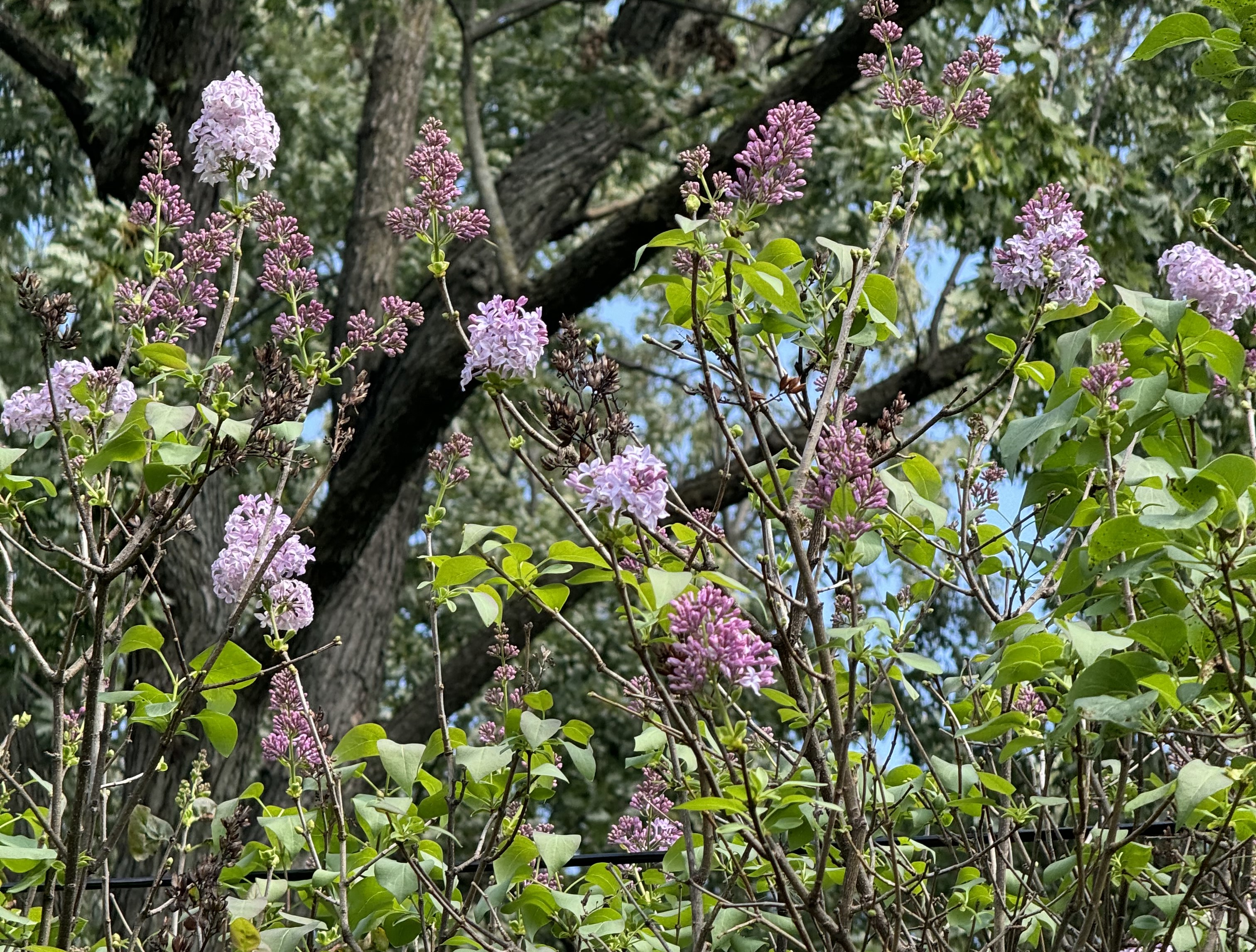Star Tribune
Wisconsin health officials recall eggs after a multistate salmonella outbreak
Wisconsin health officials initiated a recall of eggs following an outbreak of salmonella infections among 65 people in nine states that originated on a Wisconsin farm.
The Wisconsin Department of Health Services said in a statement Friday that among those infected by salmonella are 42 people in Wisconsin, where the eggs are believed to have been sold.
“The eggs were distributed in Wisconsin, Illinois and Michigan through retail stores and food service distributors,” the department said. ”The recall includes all egg types such as conventional cage-free, organic, and non-GMO, carton sizes, and expiration dates in containers labeled with ‘Milo’s Poultry Farms’ or ‘Tony’s Fresh Market.”’
The U.S. Centers for Disease Control and Prevention confirmed in a statement on its website that 65 people in nine states were infected by a strain of salmonella, with 24 hospitalizations and no deaths as of Friday. The states include Wisconsin, Illinois, Michigan, Minnesota, Iowa, Virginia, Colorado, Utah and California, the agency said.
The egg recall was undertaken by Milo’s Poultry Farms LLC of Bonduel, Wisconsin, the CDC said.
”Anyone who purchased the recalled eggs is advised to not eat them or cook with them and to throw them away. Restaurants should not sell or serve recalled eggs,” the Wisconsin health department said.
The department advised anyone who ate the eggs and is experiencing symptoms to contact a health care provider. Symptoms include diarrhea, abdominal pain, fever and vomiting lasting for several days, the statement said.
The U.S. Department of Agriculture in July announced new measures to limit salmonella in poultry products. The proposed directive included requiring poultry companies to keep salmonella levels under a certain threshold and test for the presence of six particularly sickening forms of the bacteria, three found in turkey and three in chicken.
Star Tribune
Inmate’s death at Moose Lake prison under investigation
Minnesota corrections officials are investigating after an inmate was found dead at the state prison in Moose Lake.
The 37-year-old’s cellmate found the man unresponsive in their room about 10:40 a.m. Tuesday, according to a news release Wednesday from the Corrections Department. Staffers immediately started life-saving efforts, but those efforts failed.
The department’s Office of Special Investigations is looking into the death, with help from the Midwest Medical Examiner’s Office. The inmate’s identity was being withheld until notification of family.
Star Tribune
Minnesotans join Smith, AOC in unveiling affordable housing bill

Joined by Minnesota affordable housing groups, Democrats Sen. Tina Smith and New York Rep. Alexandria Ocasio-Cortez unveiled a bill Wednesday that they say would create more affordable housing across the country.
The “Homes Act” would establish a housing development authority within the U.S. Department of Housing and Urban Development that would build and maintain a stock of permanent affordable housing. Smith said housing supply is far behind demand.
“Our proposal would serve renters, and homebuyers alike, providing millions of Americans in rural and urban communities with more options for a quality, affordable place to call home—with the sense of stability, security, comfort and pride that should come with it,” Smith said in a statement.
Her bill would authorize $30 billion in federal spending a year, with 5% of that set aside for tribal communities and at least 10% for rural communities, along with a revolving loan fund. Noah Hobbs, the strategy and policy director of One Roof Community Housing in Duluth, said that rural requirement will especially help in greater Minnesota.
“Oftentimes when bills get made either in St. Paul or D.C., they leave out greater Minnesota or greater America,” he said. “This rural set aside is really huge in helping us do more work than what we’re already doing. So we’re doing about, on average, 20 homes a year, either acquisition rehab or new construction. And so we’re hoping that this will help accelerate that.”
He said he thinks the bill will help not only in Duluth but also in places like Floodwood, Grand Marais, Grand Rapids and smaller municipalities between Duluth and larger cities.
Research from New York University, University of California at Berkley and the Climate and Community Institute estimates that the bill could build and preserve 1.25 million housing units, which would include 876,000 units for low income households, according to a joint memo from Smith and Ocasio-Cortez’ offices on the bill.
The bill would also help local communities address housing needs by helping to finance real estate acquisition or conveying property to public housing authorities, nonprofits, local governments, community land trusts and tenant or resident owned cooperatives, the memo continues.
Star Tribune
Lilacs around Minnesota are blooming once more due to strange, stressful weather

One of Minnesota’s favorite spring flowers are blooming again in late summer, a sign of stress from the extreme swings in Minnesota’s weather over the past several years.
Many lilacs across the Twin Cities have sprouted out their purple and pink flowers for a second time this year during an unseasonably warm September. The re-blooming is unusual for lilacs and can be unsettling to see, said Julie Weisenhorn, a professor and the horticulture educator at the University of Minnesota Extension.
“It’s not something we’d call ‘normal’ but it’s something we’ve been seeing now over the past few years,” Weisenhorn said.
When trees and plants suffer from blights or pests, or are stressed by droughts, floods or other phenomena, they sometimes produce an overabundance of seed. It’s a way that they’ve evolved to ensure that, if they do succumb, their progeny has a chance to live, Weisenhorn said.
So during droughts, oak trees may produce a super-crop of acorns. And lilacs will sometimes produce a second bloom in the fall.
Minnesota is not experiencing a drought right now. The summer of 2024, warm September aside, has actually been the most typical weather season the state has experienced in years.
“Sometimes it takes a a little while for plants to react,” Weisenhorn said. “So you have to think back to last year and even the year before last, and realize how stressed these plants were doing those extreme dry summers, and then going through a strange winter with no snow and very little cold.”
That drought was followed by one of the wettest three-month stretches ever recorded in Minnesota from April to June, she said.



